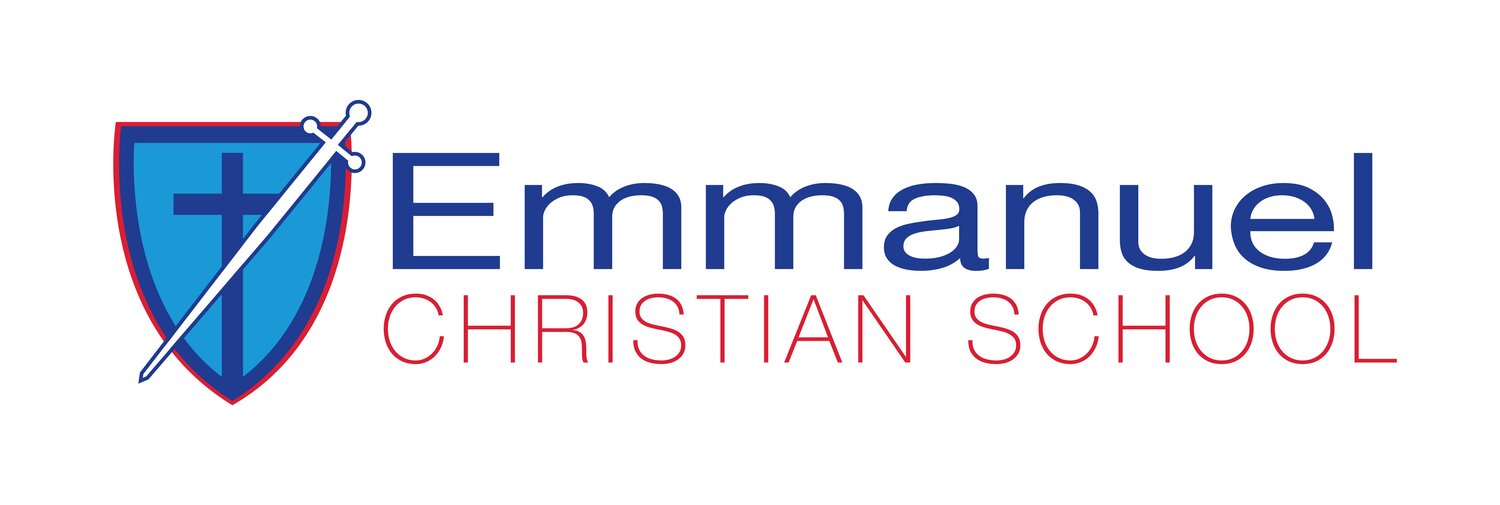During the first week back, the staff at Emmanuel were able to participate in Professional Development.
We were treated to some excellent presenters and one in particular, by David Smith, really started me thinking about how we as teachers approach learning. So often we are driven by what the curriculum demands of us that we often lose sight of our greater purpose; to walk with our students on their journey of learning.
David Smith had four focus areas that he discussed with us around the main concept of “How do we organise time?”. These were beginnings, pausing, repeating and ending. His question to us was “How do we approach these in every lesson and subject we teach?”
Often, I will walk into my classroom at the beginning of a year or term and assume that my students already know what is expected of them because I have either taught them previously or because they have been part of the school community prior to entering my classroom. Smith highlighted that the way we set up our expectations and enter our classrooms will set the tone for the rest of the year, so if we go into our year or term with a focus of checking boxes to move through the tasks set before us, we will not have an enjoyable learning journey. Learning and teaching is about putting God in the centre of our work, building relationships, and getting to know how each of us learn best. The teacher is a facilitator and a collaborator and there to guide our students.
Learning how to build pauses into our classrooms is important so students are able to rest and do. Chasing the end point will not enable students to consolidate their learning. Students need to be given time to pause and reflect on the information and then use the information and apply it to a real-world context. This will help students find purpose in their learning. By repeating information, students are more likely to remember and be able to reuse information and not complete a set assessment and forget the important concepts that they have been taught and discovered.
Lastly, we were told to re-shape our endings. After a busy term or year of learning, students usually complete an assessment and are sent on their way. By reframing our endings with a time of reflection and discussion we pass on the message that we, as teachers, care about our students and not just their achievements.
God has given us the privilege of taking our students on the pilgrimage of learning. As teachers, we need to take the time to reflect on our teaching practice and see where we are able to include the four key elements that David Smith has highlighted. I know that personally, this presentation really has me rethinking how I do things.
Janice Pieterse — Secondary Head of Teaching & Learning

